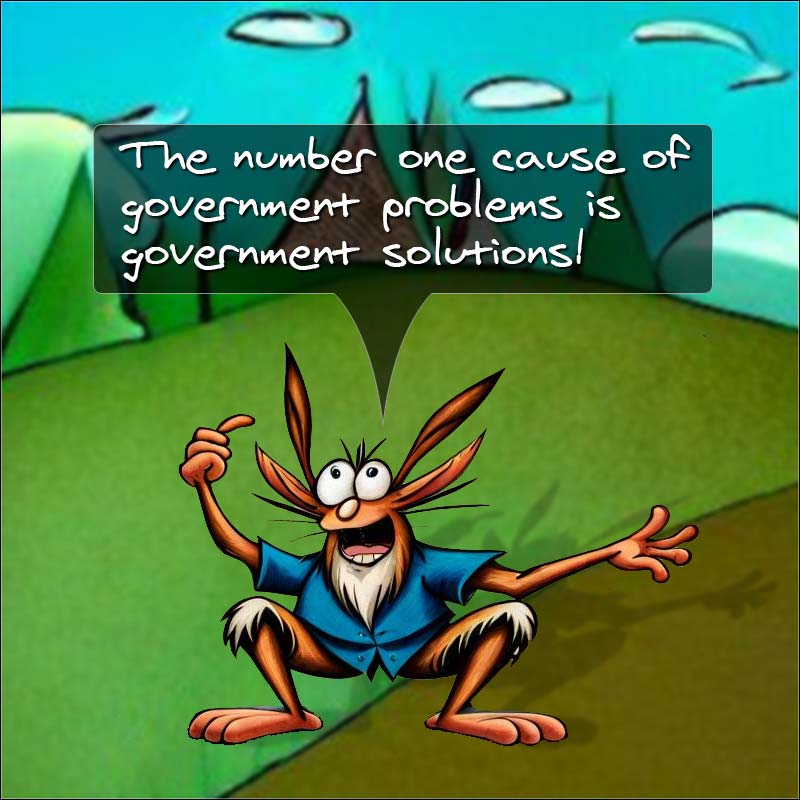Nothing is for sale here. Freewill tips keep the site running. Want to help? → Tip via Paypal
What is Search Engine Optimization?
The answer to the title question will vary, depending on who you ask. There are essentially two opposing strategies that produce very different results:Short term: Uses tactics the search engine consider attempts to manipulate the search results, which may produce short term gains, but ultimately cause a site to be penalized (or banned in egregious cases). Those who use this strategy tend to fall into three categories:
- Those who build sites they don't plan on running long-term.
- Self-described "SEO experts" whose real mission is to show quick results to clients to justify their high fees. Long-term results are not their central objective, and they generally bilk their clients until the well runs dry.
- Optimization neophytes who are simply trusting and following bad advice.
Useful Link Strategies
Useful link strategies refers to links within your content that are relevant to the page topic. These can be links to additional content on your site or off-site content. It also includes relevant incoming organic links to the page.It is a long-term strategy to build your site's trust and authority with the search engines.
The strategies employed should comply with the search engine's terms of service. While you can do what you want with your web site because it is your web site, the search engines can do what they want with their web site for the same reason. If you want their assistance in driving traffic to your web site, you need to follow their rules.
Beware of Destructive Search Engine Optimization Tactics
Search engine optimization can be risky if you get your information from the wrong sources. There's a lot of old and outdated advice online that can adversely effect your site's search engine rankings. In extreme cases, your website could be banned.Unfortunately, there's an even darker side to SEO than just following bad advice. Many webmasters have been lured into following advice that is strictly prohibited by the search engines.
Here are the "black hat" tactics you should definitely avoid.
- Keyword stuffing: Using excessive and/or irrelevant keywords within content and meta tags.
- Cloaking: Presenting different content to the search engines than to users.
- Paid links or link schemes: Engaging in the purchase, exchange, or manipulation of links solely for the purpose of boosting search rankings, rather than providing genuine value to users.
- Content scraping: Copying and republishing content from other websites without permission or proper attribution, leading to duplicate content issues and potential penalties.
- Hidden text and links: Using techniques such as white text on a white background, using tiny font sizes to hide text or links, or moving text off the page using CSS to keep the text from users while still making it available to search engines.
- Doorway pages: Creating low-quality, keyword-rich pages that are solely designed to rank high in search results and redirect users to a different page, lacking in substantive content or value. Also called gateway pages, entry pages, bridge pages, and by other names.
- Automated or low-quality content generation: Generating content using automated tools that typically result in low-quality and often unreadable content that provides little value to users.
- Link farming: Participating in networks or websites solely focused on generating a high volume of links without considering the relevance or quality of the linking sites. This is essentially a bunch of sites showing substantially the same links.
- Negative SEO tactics: Engaging in activities such as link spamming or content hacking to harm competitors' search rankings rather than improving one's own website's quality. Get caught doing this and your sites—all of them—will never be found in the search engines again.
- User experience manipulation: Implementing deceptive tactics to manipulate user behavior, such as misleading redirects, excessive pop-ups, or irrelevant interstitial ads.
- Link spamming: Posting irrelevant or low-quality links in comments sections, forums, or guestbooks, solely for the purpose of obtaining backlinks without adding value to the conversation.
- Article spinning: Using automated tools to rewrite existing articles or content, resulting in low-quality and often nonsensical content that is meant to manipulate search rankings.
- Duplicate content: Replicating content across multiple pages or domains without substantial changes, which can lead to lower rankings. Also see Canonical URLs and the duplicate content penalty myth.
- Link hijacking: Illegitimately redirecting or hijacking established, high-ranking websites or pages to divert traffic and search engine authority to another website.
- Rich snippet spamming: Misusing structured data markup to present misleading or irrelevant information in search engine results, deceiving users and search engines.
- Private blog networks (PBNs): Creating a network of interconnected blogs solely for the purpose of generating backlinks and manipulating search rankings.
- Cookie-cutter affiliate sites: Creating low-quality websites with thin or duplicated content focused on promoting affiliate products or services, without providing any real value.
- Automated queries or rank tracking: Using automated tools to send a high volume of search queries or artificially inflate rank tracking, violating search engine terms of service and potentially leading to penalties.
- Malicious practices: Engaging in hacking, malware distribution, or other malicious activities that harm websites or users, which not only violates search engine guidelines but also poses ethical and legal concerns.
- Scraped content: Using software or tools to scrape content from other websites.
See what search engines want for a list of practices that go against their guidelines.





